(November 20, 2022) “We Leave No One Behind,” Lt Governor Aruna Miller tweeted when the election results were announced. It’s a big step for diversity in leadership, with Wes Moore, to whom she was running mate, becoming the first African American in the gubernatorial post. “Ever since I came to this country in 1972, I’ve never stopped being excited for the promise of America. I will never stop fighting to make sure that promise is available to everyone. And this promise begins with a commitment to deliver a Maryland where we Leave No One Behind,” Miller tweeted.
Passage to America
“Wow, they’re throwing confetti for us.” Aruna Miller was seven years old when she first entered the United States with her family. Ensconced in her father’s arms, the young girl’s first emotion was excitement. “I thought everyone in the airport was waiting for us to arrive, that they were throwing confetti,” she said in a recent interview, soon after she was chosen as the Democratic nominee for Lt Governor of Maryland. As it turned out, the confetti was snow. “I had never seen snow before,” said Aruna (née Katragadda), who spent the early years of her life in her hometown, Hyderabad. “That day, I was so pumped to be in the country and I’m still pumped to be here. It has provided so many opportunities to immigrants like me,” she added.
Aruna Miller will be the second Indian-American woman to enter the House of Representatives after Pramila Jayapal. She is the running mate of bestselling author Wes Moore, who will contest the upcoming gubernatorial election as the liberal party’s candidate. A civil engineer by profession, she spent over 25 years as a transportation engineer in Montgomery Country. Aruna’s family relocated from Hyderabad in 1972, as her father, a mechanical engineer, worked with IBM. “My father came here to seek better opportunities for his family and my siblings,” she said. She grew up in Poughkeepsie, New York, attending public schools upstate. She went on to study at the Missouri University of Science and Technology.
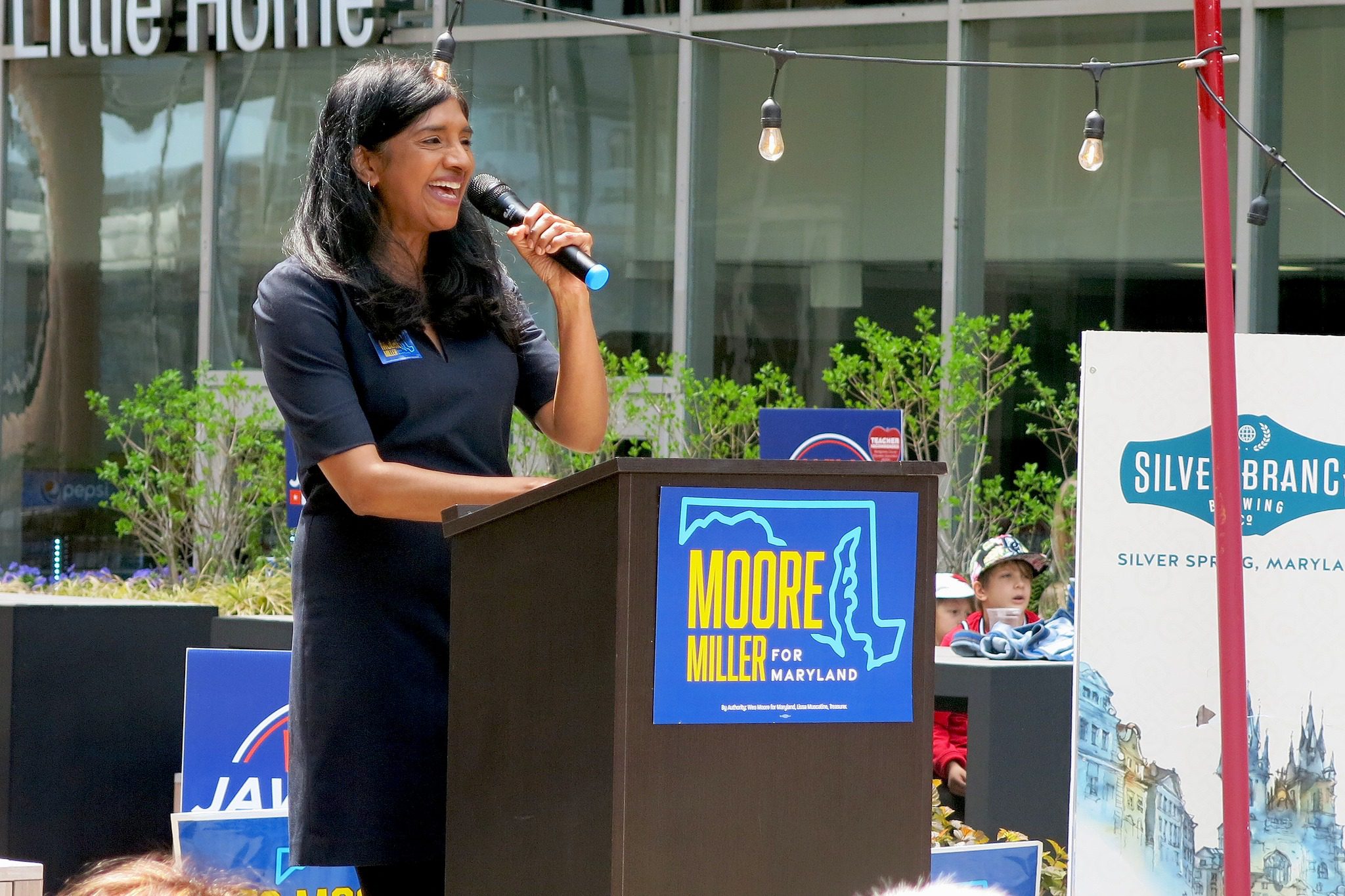
Aruna Miller. Credit: Facebook
A lifetime of public service
By the time she graduated, she knew beyond doubt that she wanted to be a public servant, to “pay it forward” for the country that had given her so much. Aruna then moved to Montgomery County, where she lived for 25 years with her husband and their three daughters. There, she spent the entirety of her time working at the Department of Transport. Her career as a public servant has been dotted with many milestones – she has batted for issues like paid family leave, transportation policies, stood against domestic violence and emerged as a proponent of STEM education.
She first dabbled in politics in 2006, when she was elected to serve as an at-large member of the Montgomery County Democratic Central Committee, a position she held until 2010. She then became the first Indian American woman to be elected to the Maryland Legislature in 2011. Soon after she made history by entering the legislature, one of her first acts was to co-sponsor the Marcellus Shale Act of 2011, which laid the foundations for Maryland’s fracking ban. She has also stood for education and was the lead sponsor of a bill that made it mandatory for high schools to offer at least one, high-quality computer science programme. Local schools were also encouraged to introduce computer science for younger students.
As one of ten lawmakers named to the Maryland Business Climate Work Group, she was part of the team that made recommendations and developed long-term plans to streamline business regulations. They also encouraged innovation and helped develop public-private partnerships to finance infrastructure.
View this post on Instagram
Also in 2011, Aruna returned to India with a delegation of 100 members that included business leaders, educators and state officials. Their first stop was her hometown – Hyderabad. The delegation went on to visit Mumbai and New Delhi, in a bid to strengthen business and cultural ties between India and the state of Maryland. The trip was fruitful, resulting in nearly $60 million in business deals for the state of Maryland.
In 2018, she raised around $1.47 million for the Congressional race. She went on to win, becoming the second Indian-American woman to enter the House of Representatives, after Pramila Jayapal.
A fateful tete-a-tete with Wes Moore
“In Aruna Miller’s crystal ball,” as she puts it, “There was no indication that I was going to be running as a lieutenant governor on anyone’s ticket. She did, however, often hear the name ‘Wes Moore’ – friends and colleagues would often ask if she had met the man. At that point, she had not.
In 2021, Aruna and her husband met Wes and his wife in Baltimore. Only a month earlier, her husband had bought her Wes’ book, The Other Wes Moore as a birthday present. “I completely OD’d on Wes Moore’, she told Maryland Matters in a late 2021 interview. One month later, the two had teamed up for the gubernatorial race.
“I looked at his remarkable resume – he has a very compelling life story.” Wes, she thought to herself, was an “engaging speaker and more importantly, an engaging listener.” She came away from that meeting with a strong sense that she had met the next governor. “I have never had that gut reaction to anyone before but I did with Wes,” she remarked.
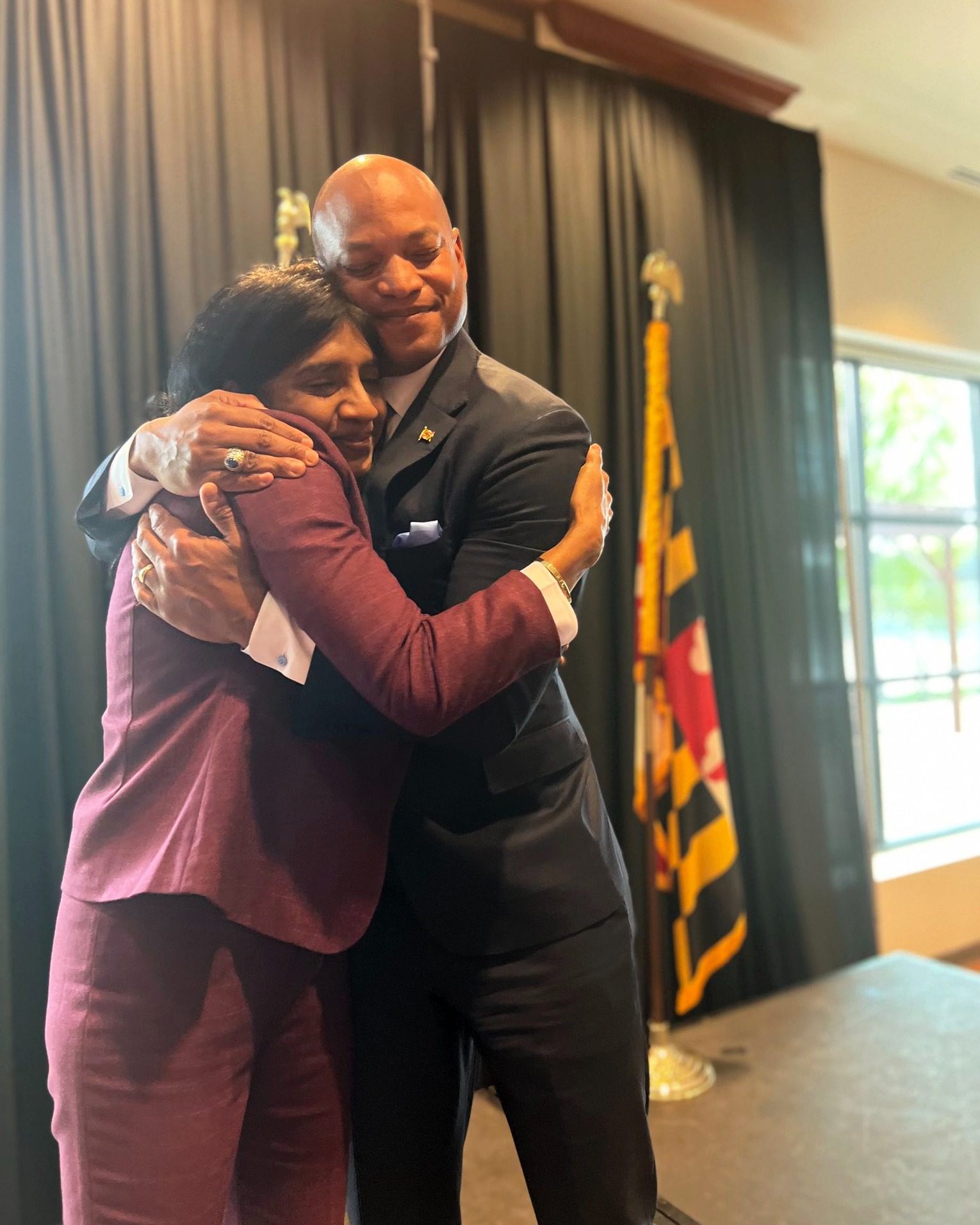
With gubernatorial candidate Wes Moore. Source: Facebook
If she wins, Aruna Miller intends to hit the ground running, taking on three major issues – education, the climate and the economy. Investing in public education and job creation is a top priority, she says, it is also a means to create safer public spaces. “The Moore-Miller administration will continue to invest in public education,” she said. They also intend to tackle climate change on a war footing – in 2021, schools in Maryland were closed due to the extreme heat.
As for Wes, he’s all praise for his running mate. “I have found someone who is a loving mom who has raised three remarkable young women here in Maryland and someone whose own immigration story has inspired her to a life of public service,” he said, adding, “This is someone who I just truly admire.”


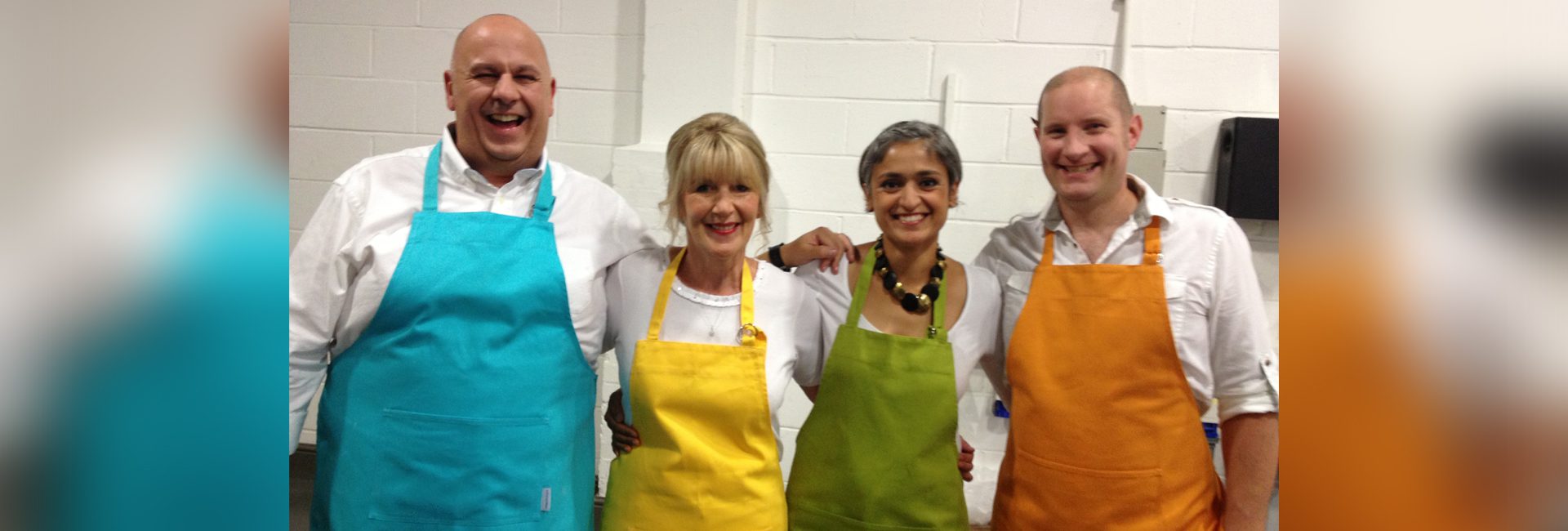
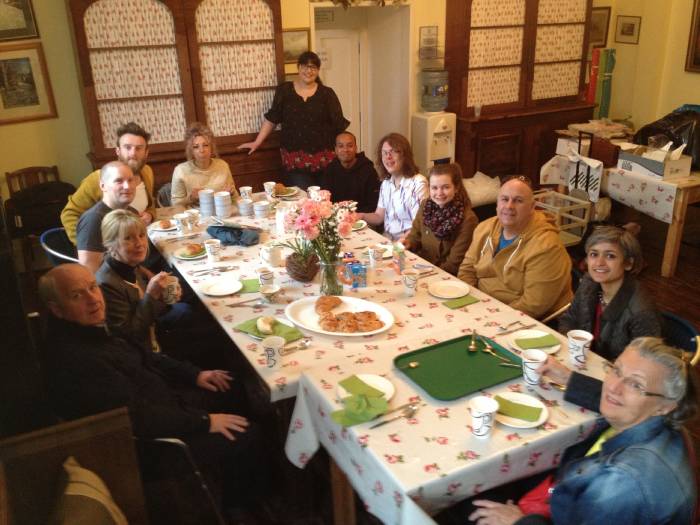 Chetna in the green room with other bakers[/caption]
Chetna in the green room with other bakers[/caption]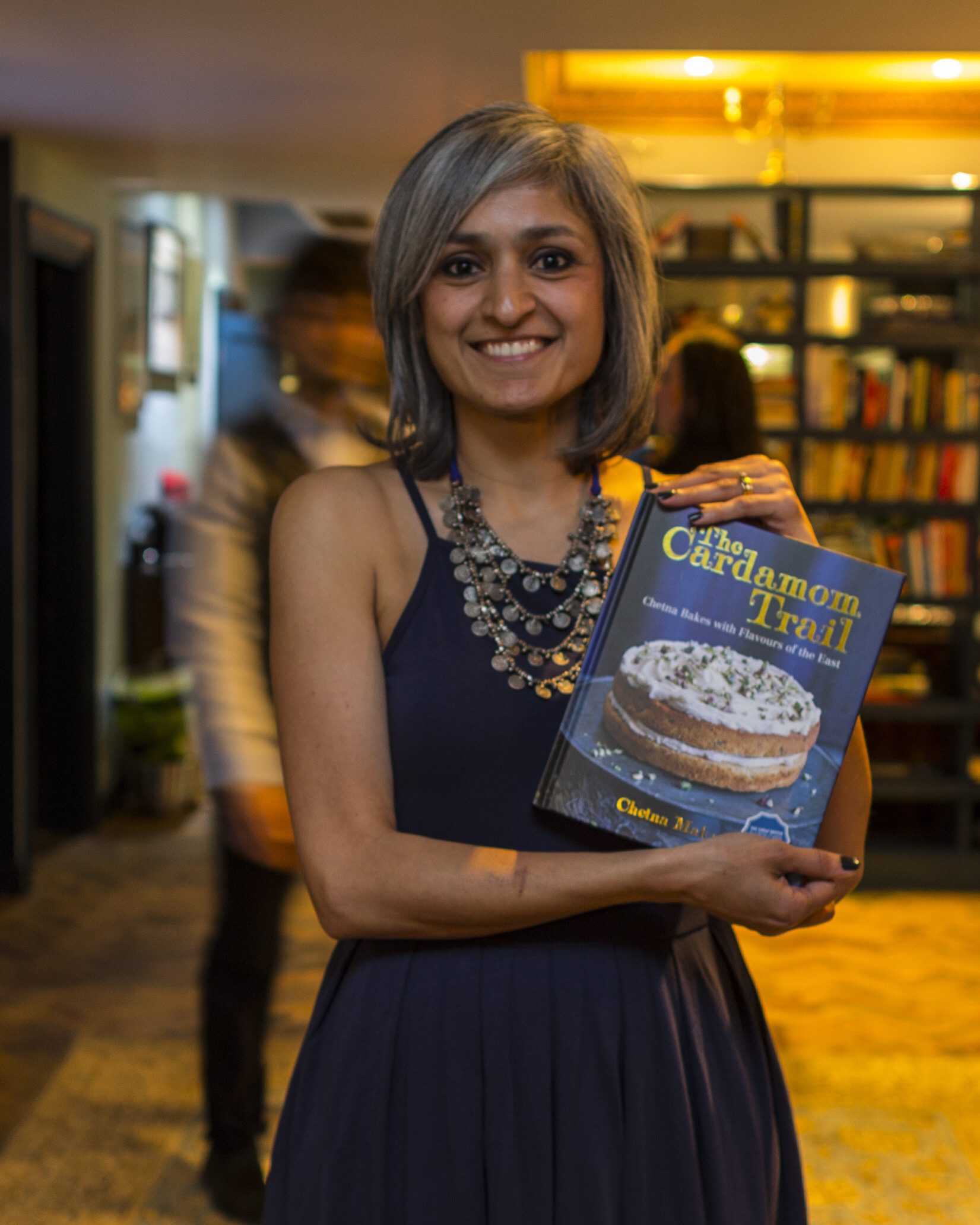 Chetna with her first book, The Cardamom Trail[/caption]
Chetna with her first book, The Cardamom Trail[/caption]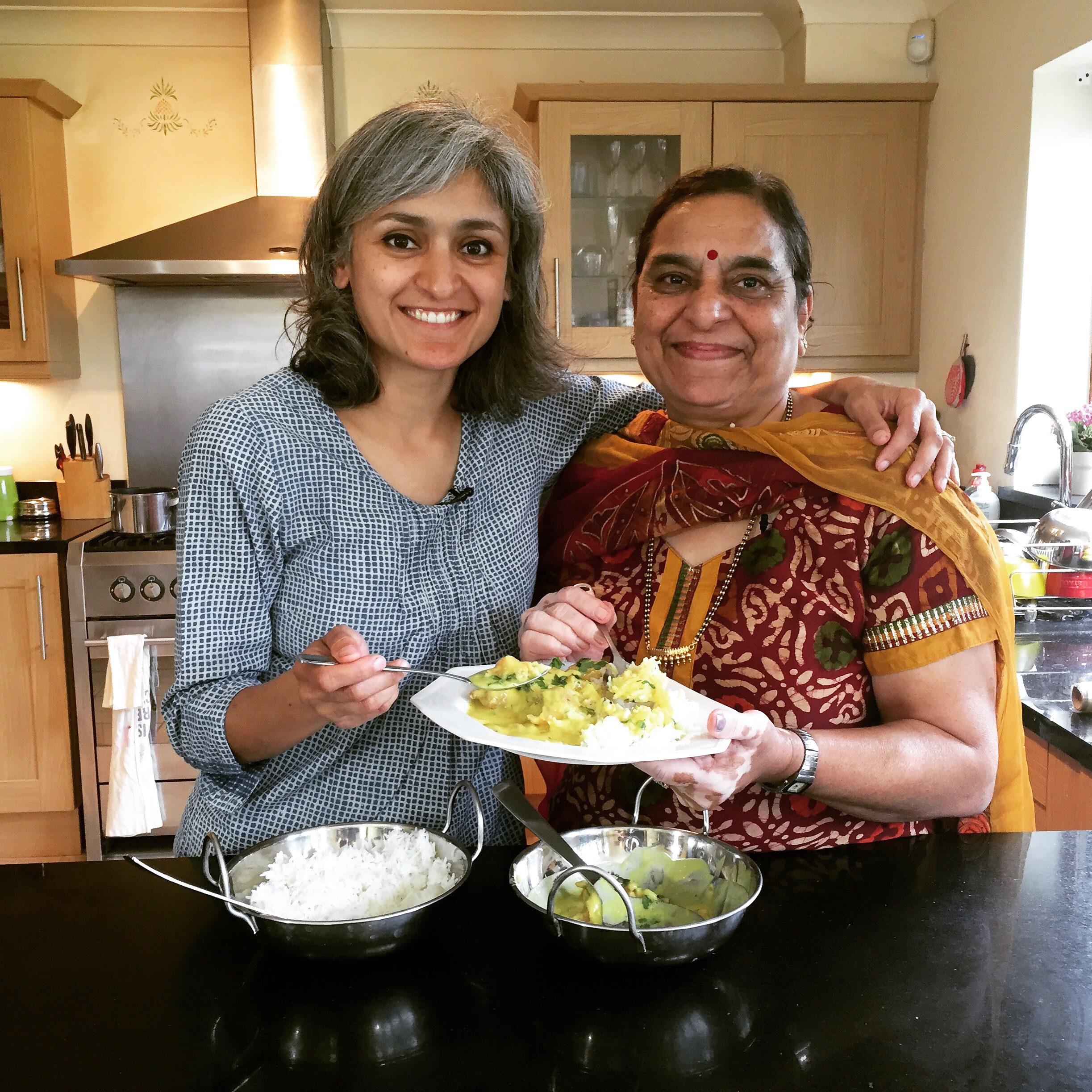 Chetna with her mum, cooking for her YouTube channel[/caption]
Chetna with her mum, cooking for her YouTube channel[/caption]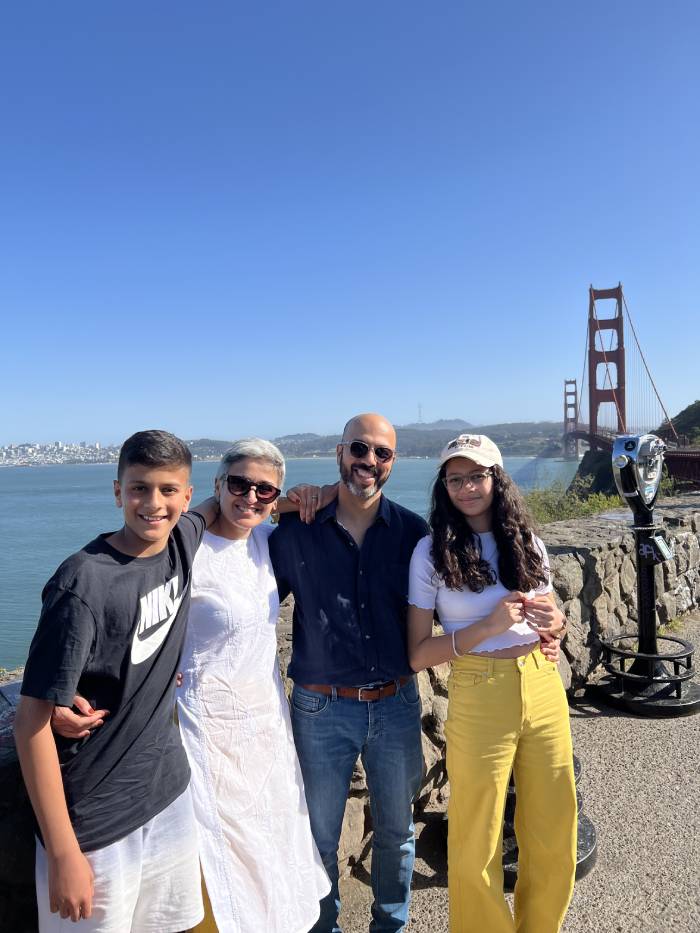 Chetna with her family[/caption]
Chetna with her family[/caption]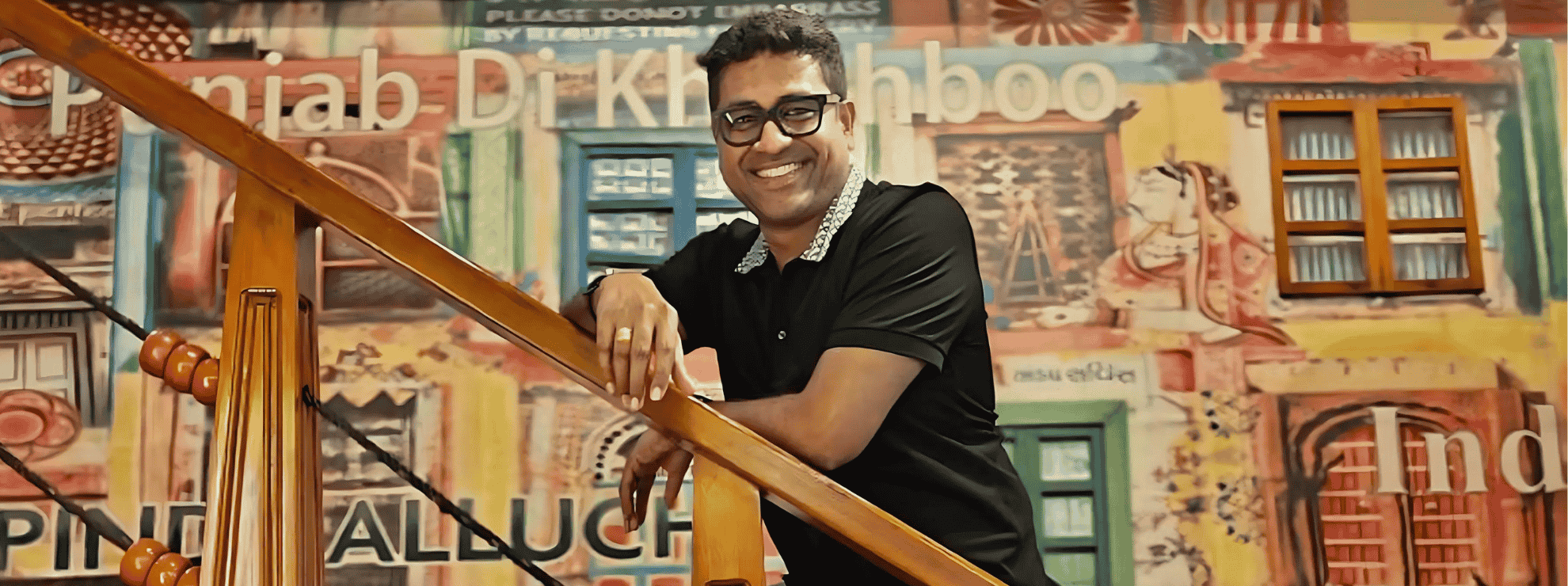
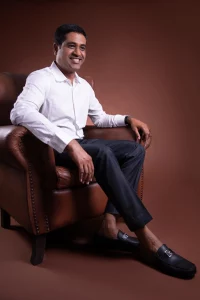 Teja Chekuri[/caption]
Teja Chekuri[/caption]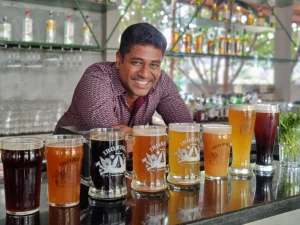
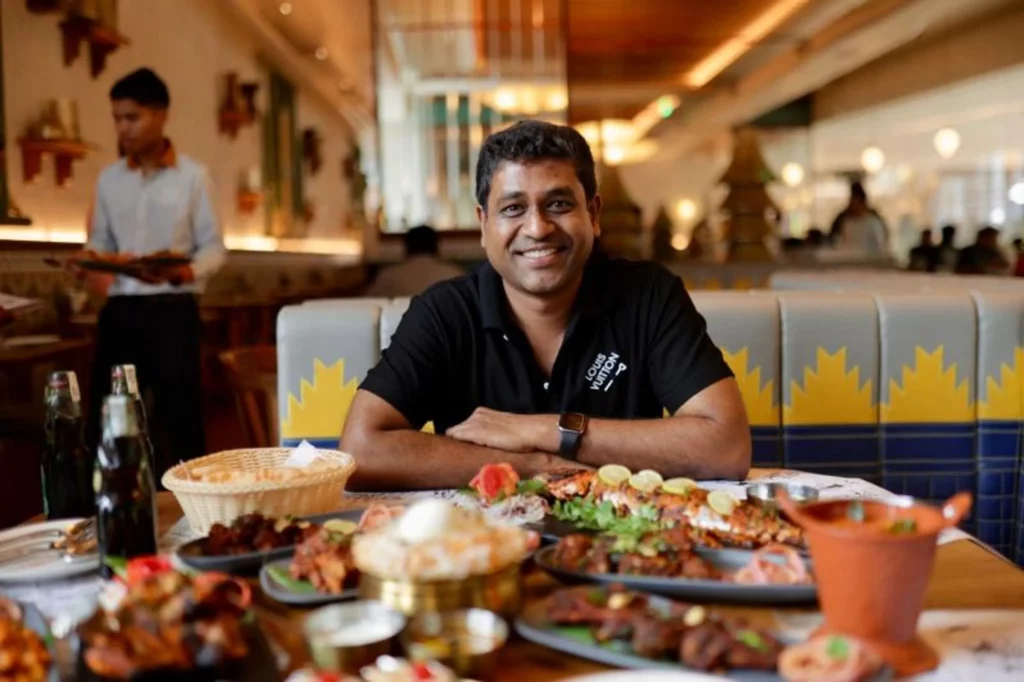

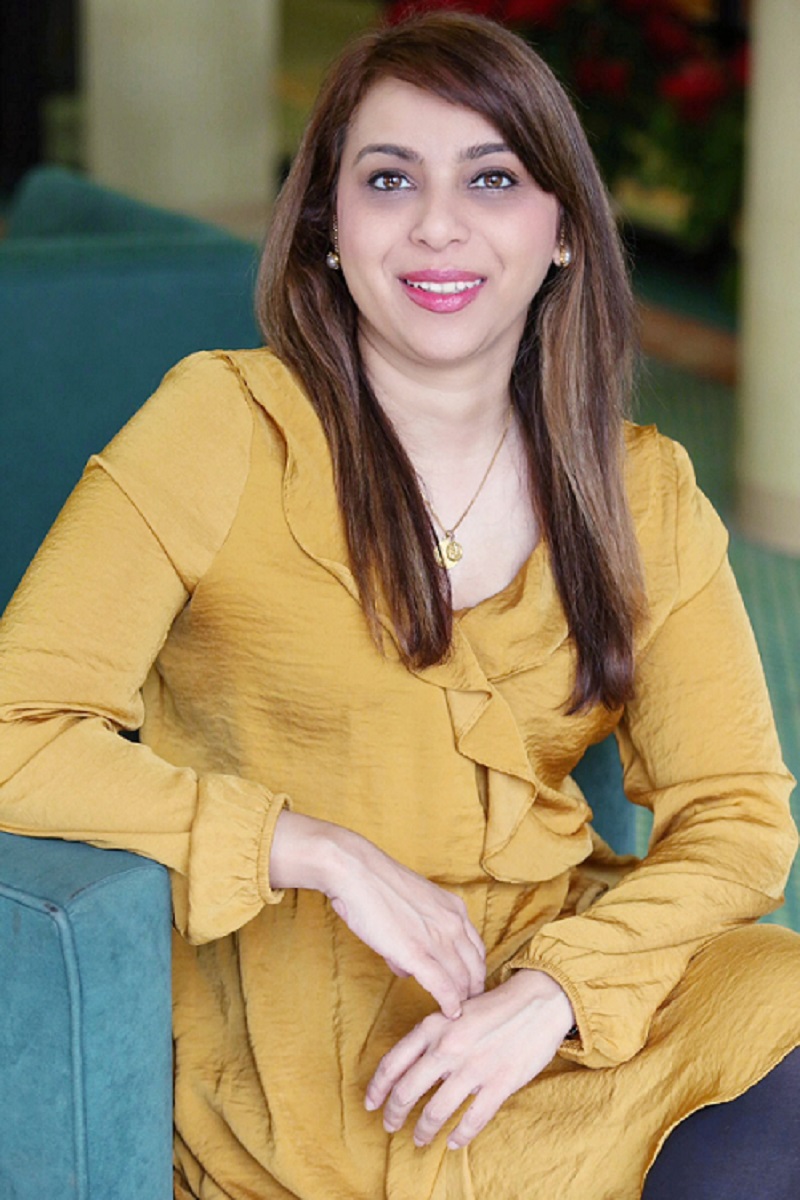

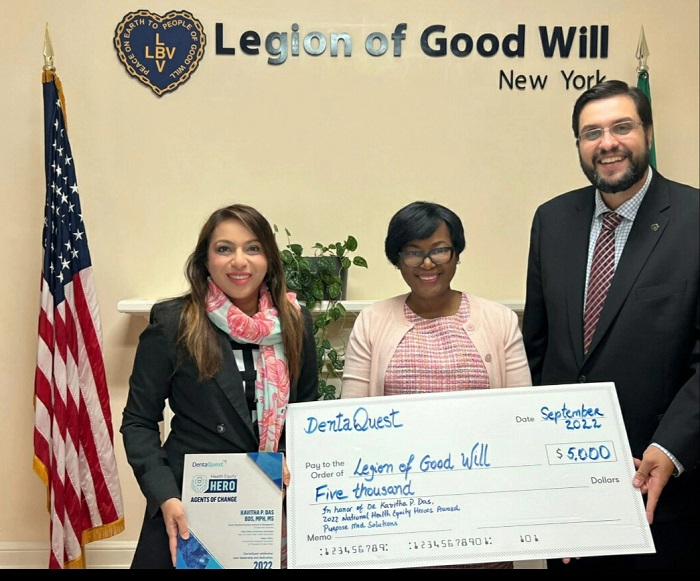

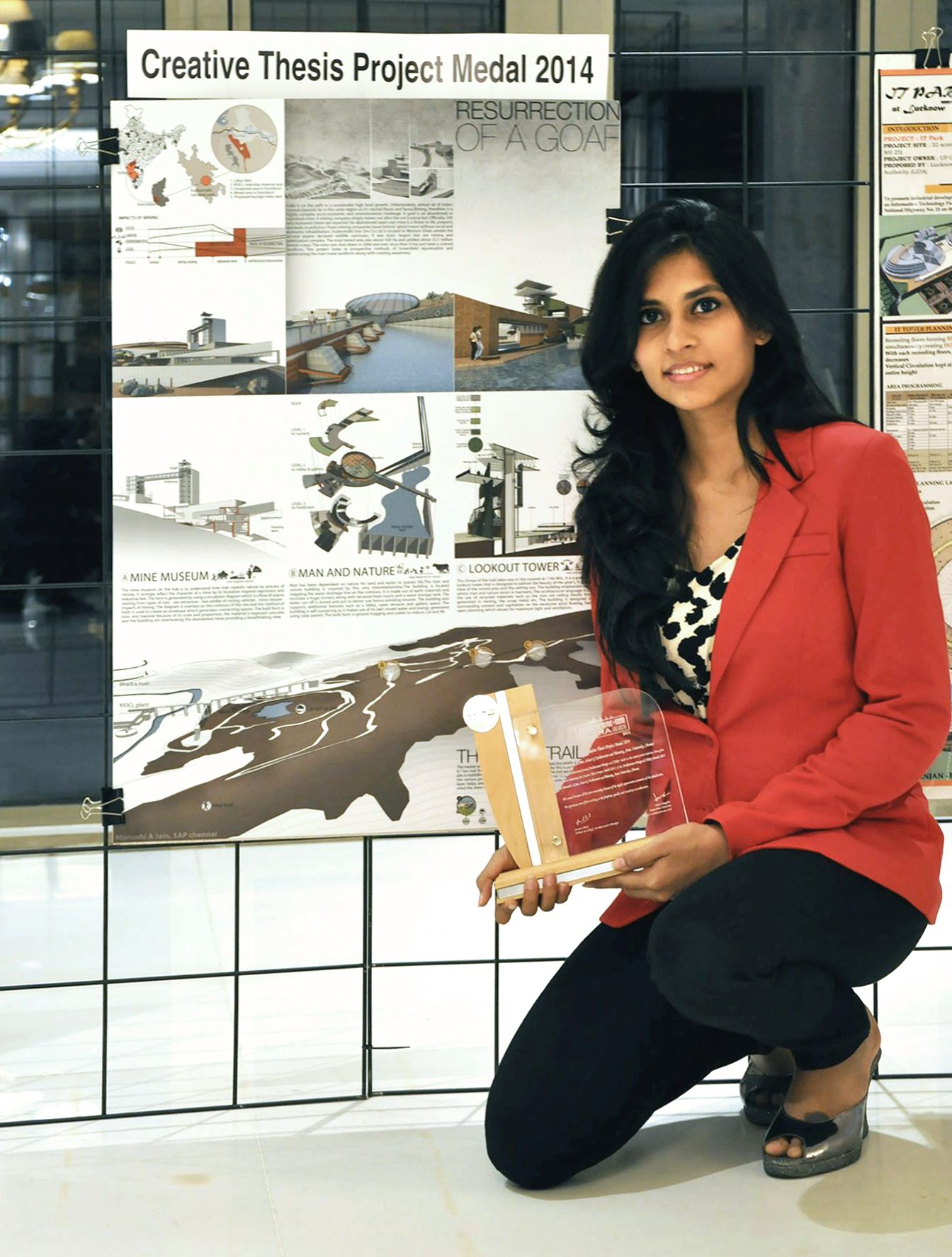


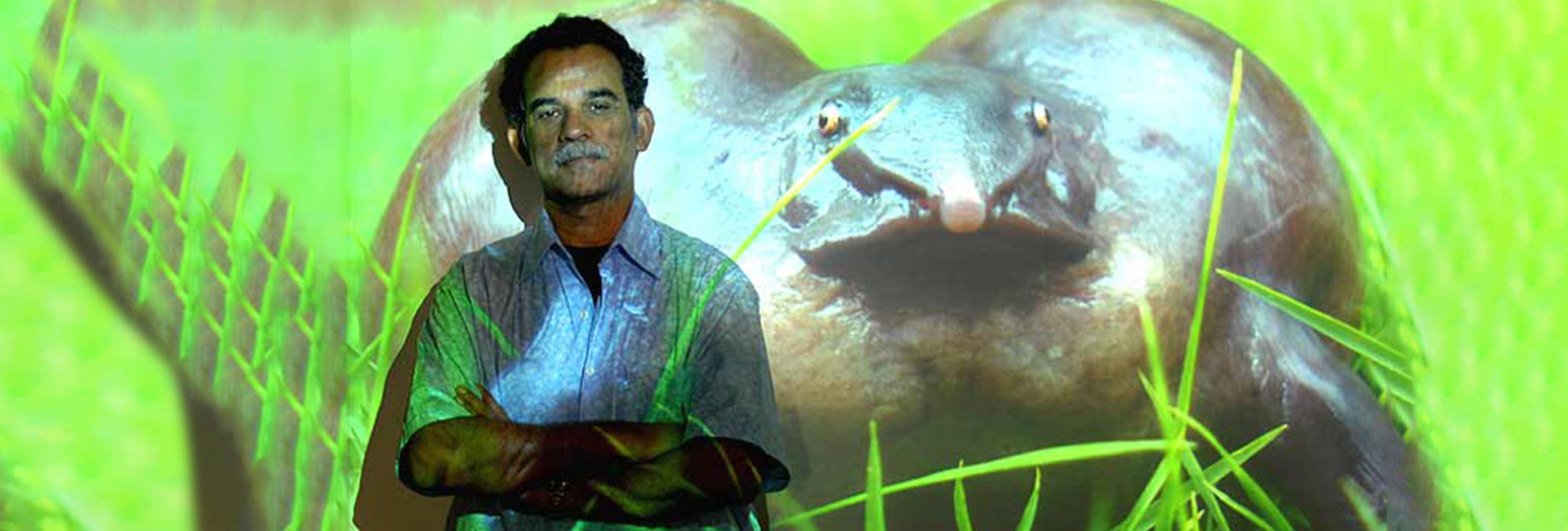
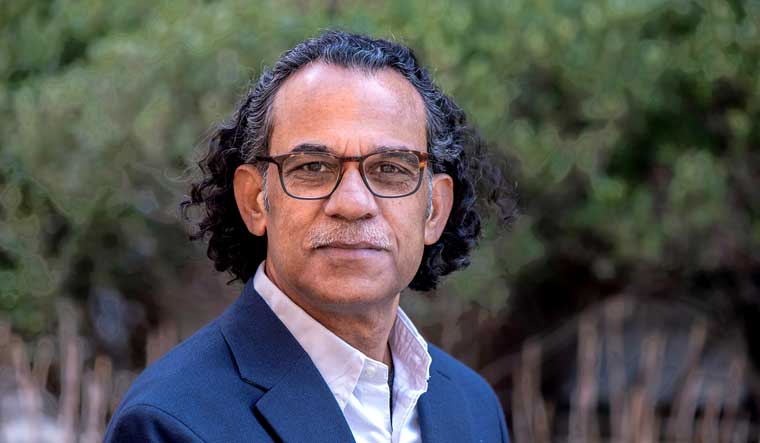 Dr S.D. Biju[/caption]
Dr S.D. Biju[/caption]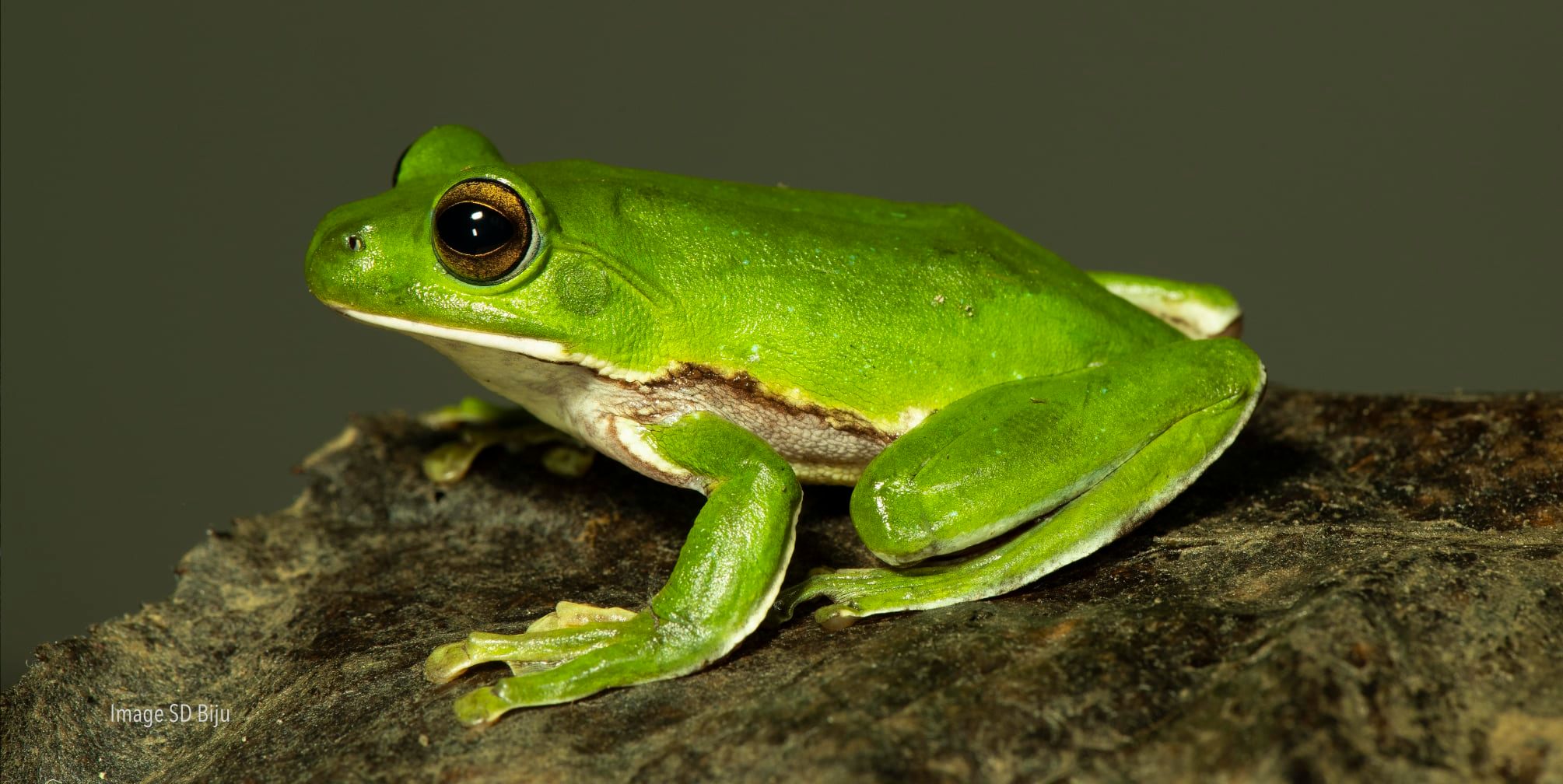 Photo Credit: Prof SD Biju[/caption]
Photo Credit: Prof SD Biju[/caption]
 Photo Credit: Prof SD Biju[/caption]
Photo Credit: Prof SD Biju[/caption]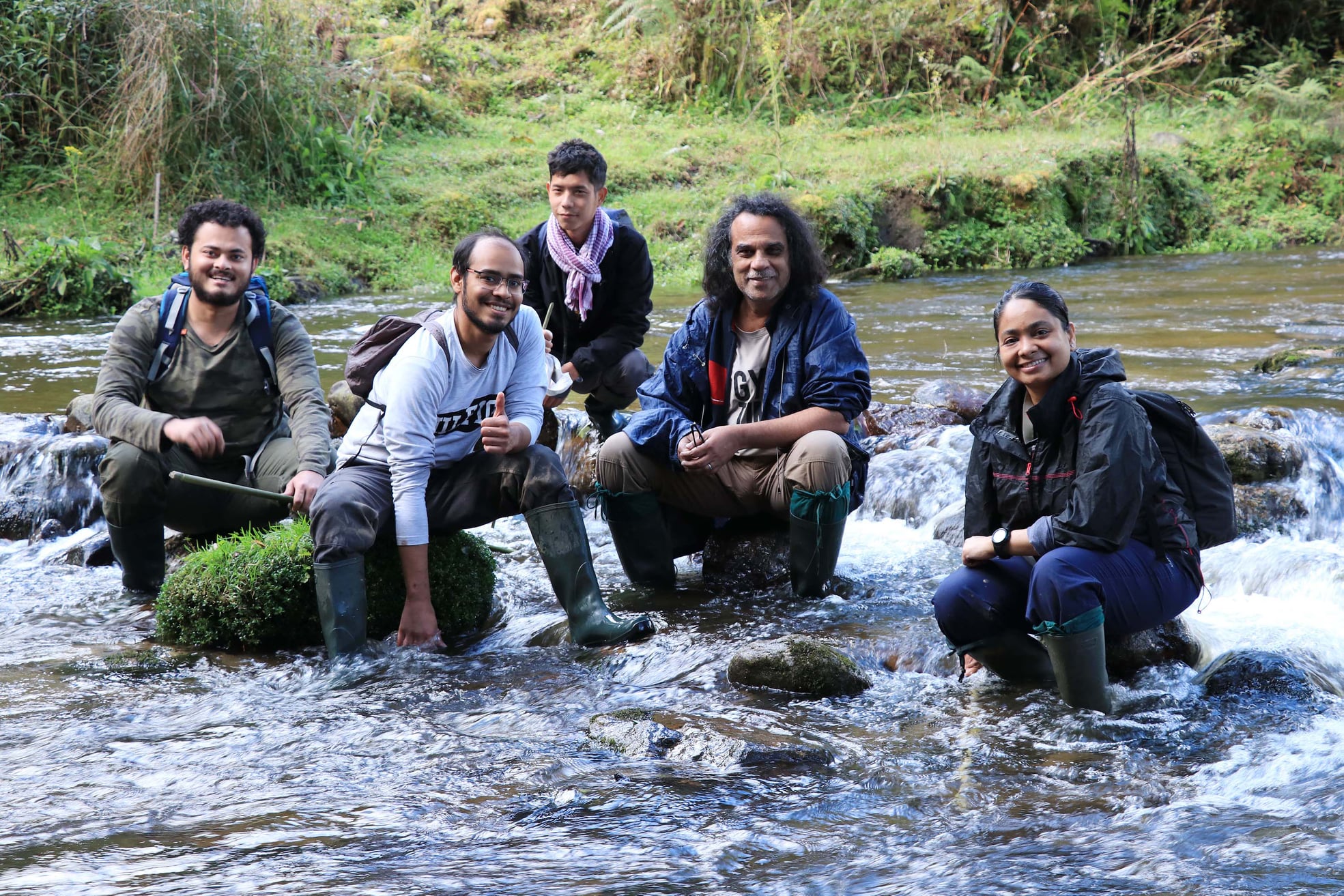 Prof Biju and his team on field study[/caption]
Prof Biju and his team on field study[/caption]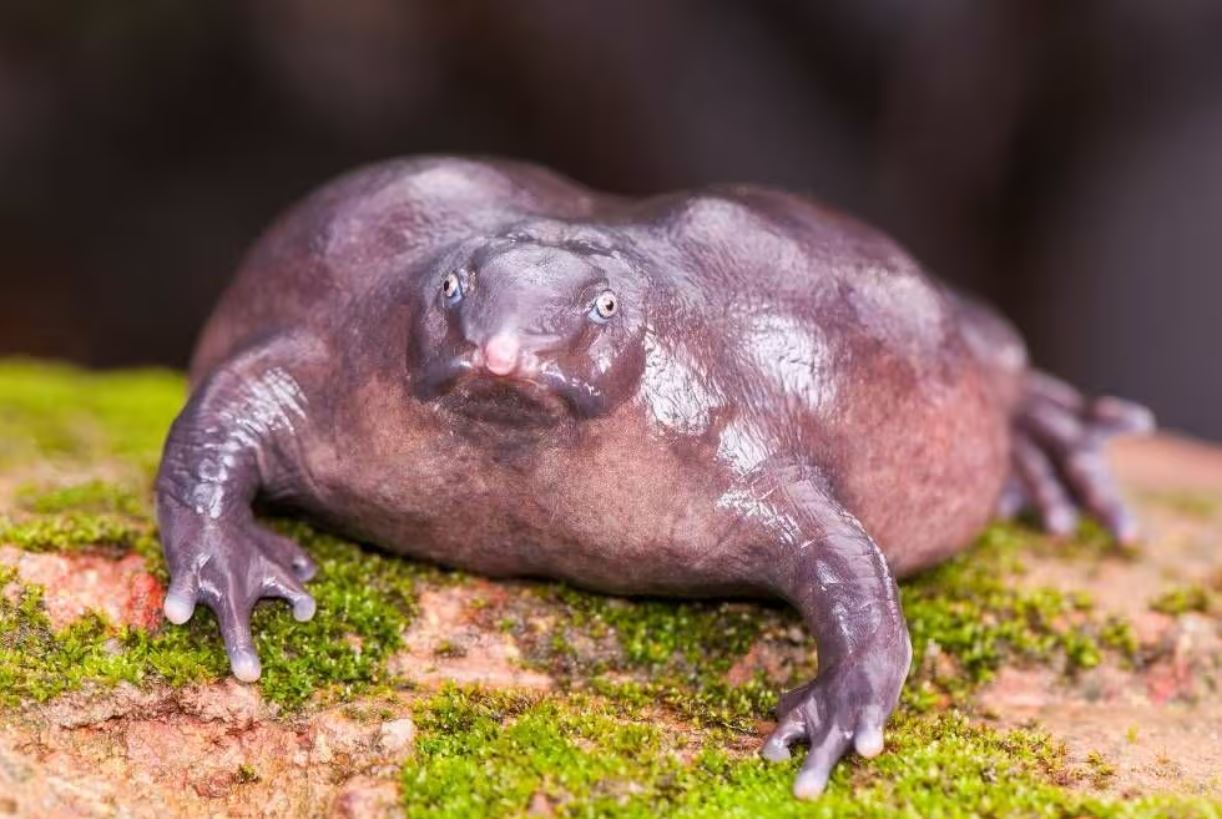 A rare species - Indian Purple Frog ((Nasikabatrachus Sahyadrensis) that is usually found 18 feet under the soil discovered by Prof SD Biju | Photo Credit: Prof SD Biju[/caption]
A rare species - Indian Purple Frog ((Nasikabatrachus Sahyadrensis) that is usually found 18 feet under the soil discovered by Prof SD Biju | Photo Credit: Prof SD Biju[/caption]